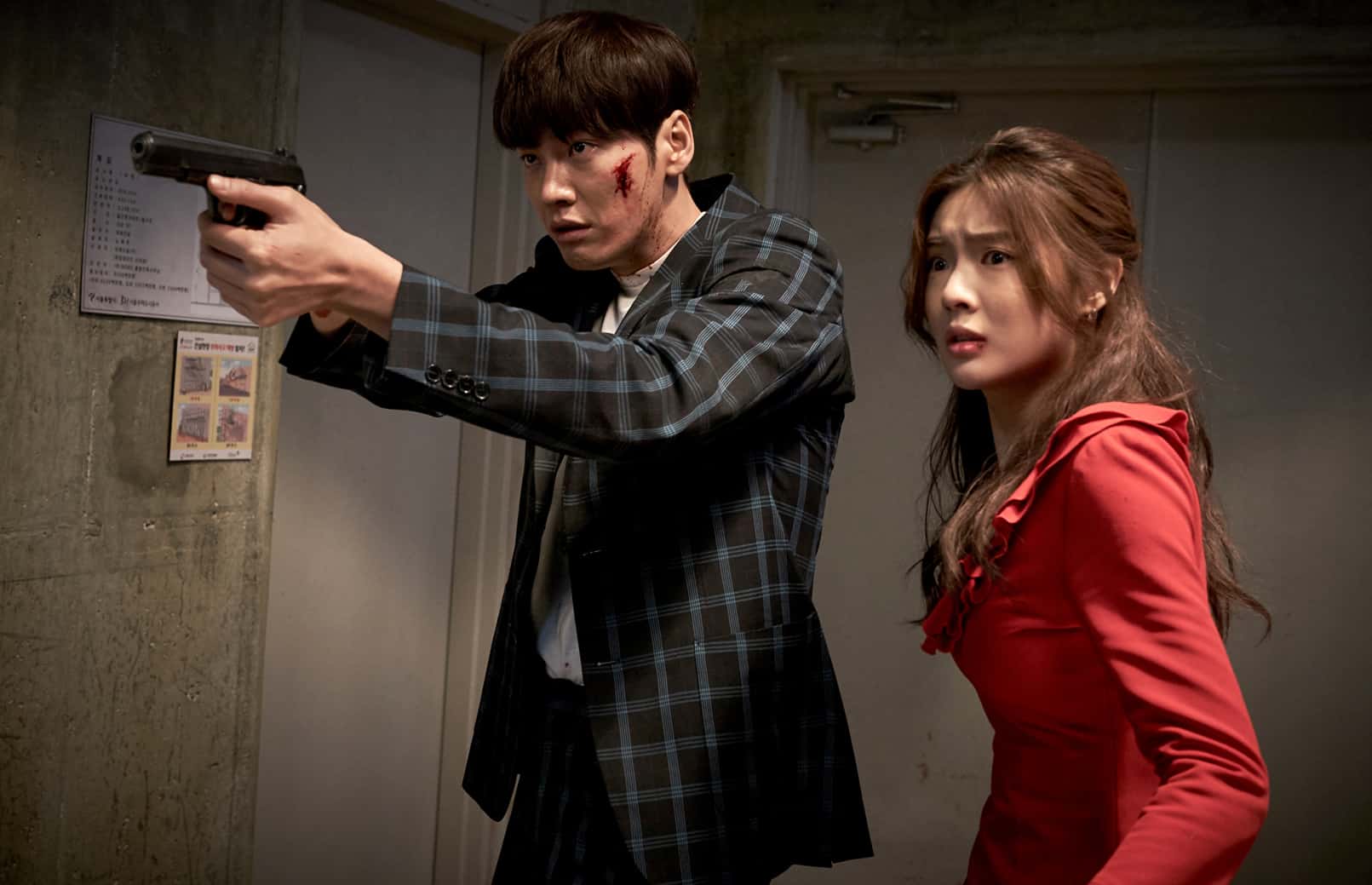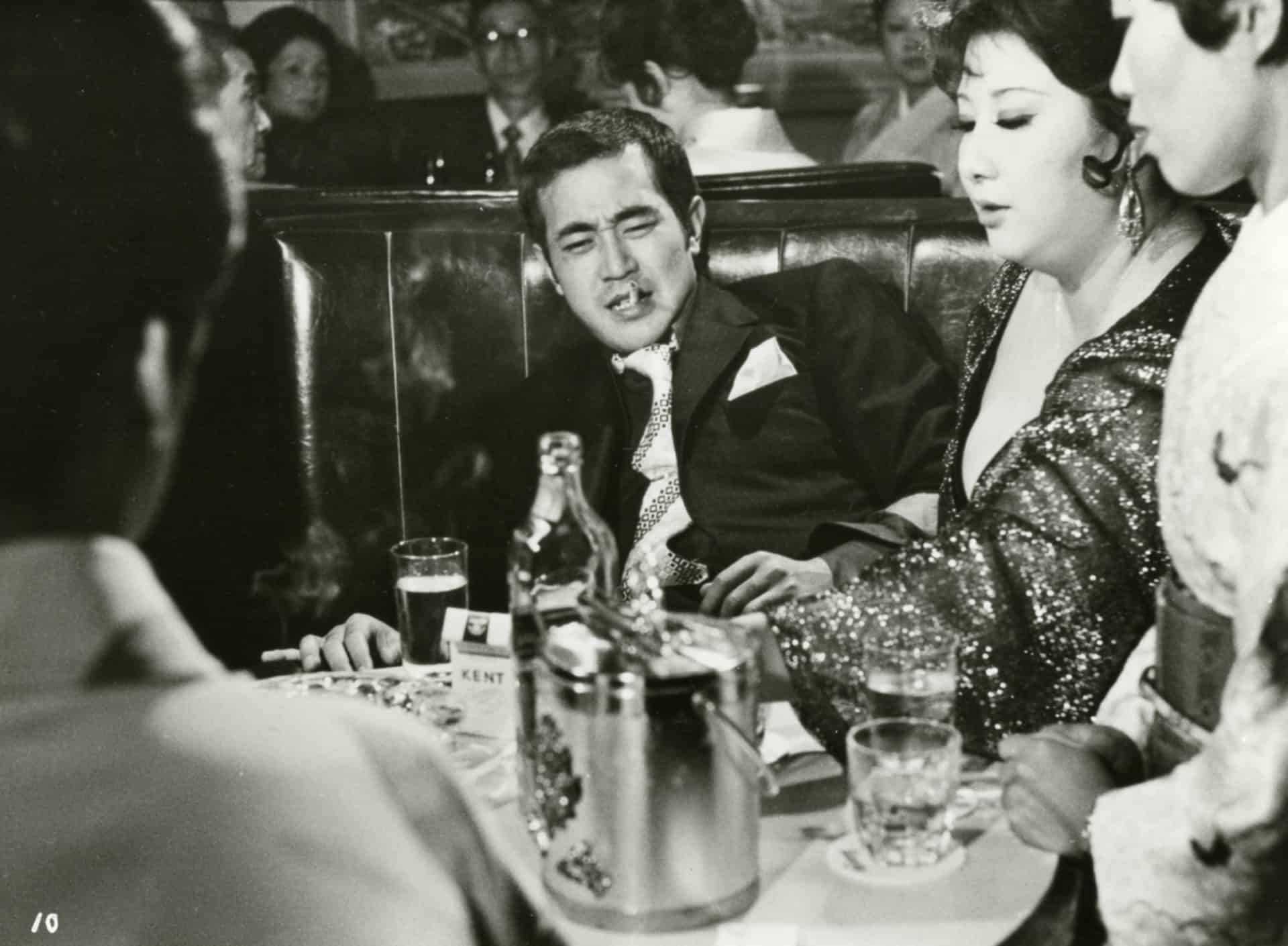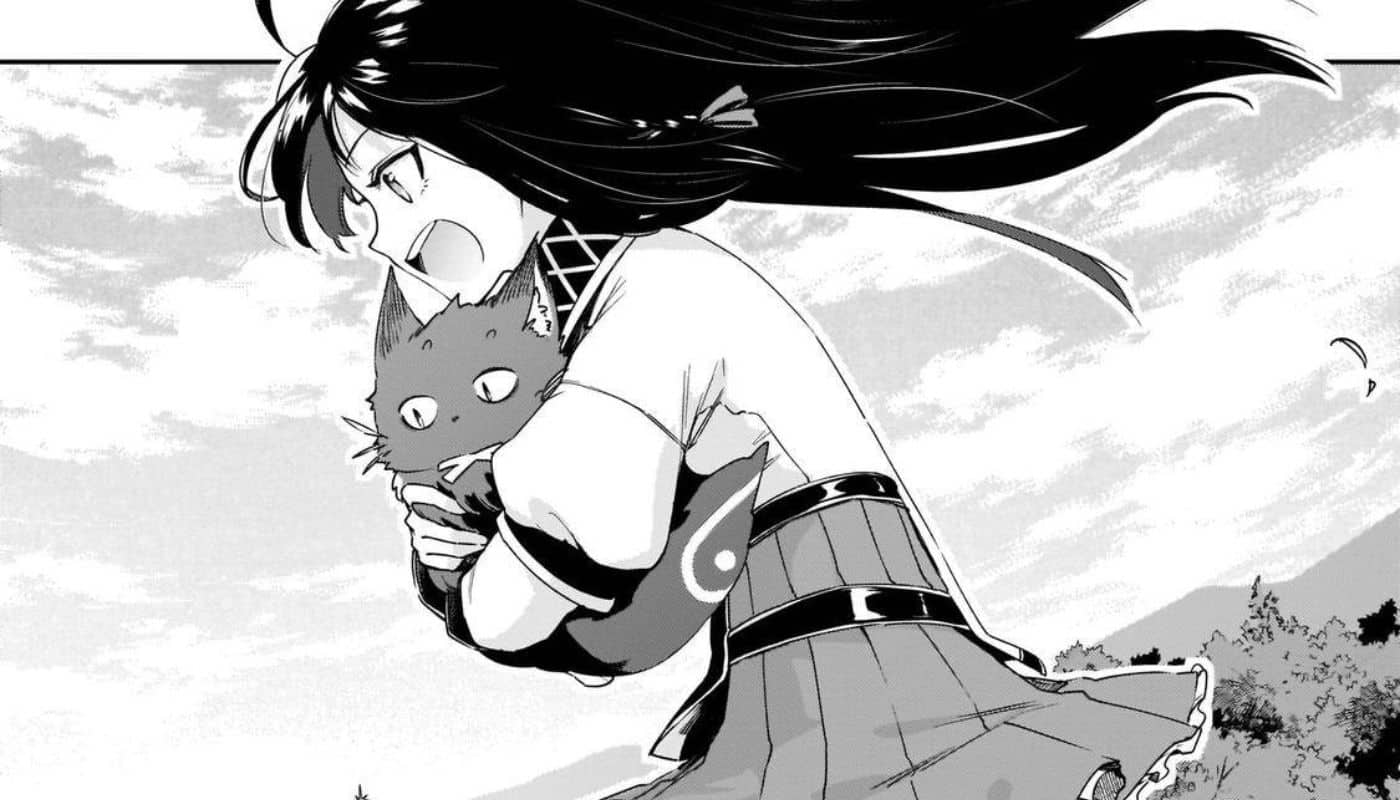It seems like the erotic industry of Japan, and partticulary its demise, is becoming a hot topic for the local industry, with “Naked Director”, “Dancing in Her Dreams” and “Dynamite Graffiti” being just few of the titles focusing on the subject and its various instances. Shoichi Yokoyama based his own film on real-life events following the 2019 decision of Japan's three biggest convenience store chains to stop selling adult magazines, in an effort to clean up the country's image ahead of the Olympics, by focusing on the lives of the employees of such a magazine.
“Goodbye, Bad Magazines” is screening at Hawai'i International Film Festival

The protagonist of the story, which begins a few years before 2019, is Shiori, a university grad who finds herself working in an erotic magazine, the third tier of a publishing house, despite her dreams of becoming a proper, professional writer. Starting at shredding papers, in the traditional style of the Japanese industry that has people starting from as low as possible, she soon moves up to the editorial department, but stumbles upon a rather hard question, of why people have sex. The problem becomes even more intense since she is a virgin and seems to have no will to have sex. Gradually, though, she learns how to write salacious texts, with the help of her boss, Sawaki and the man in charge of her, Mukai. At the same time, though, the printing industry becomes more and more problematic and the company is intently affected, while a serious error on one of the DVDs the magazine includes causes even more problems and a rather unexpected turn on the work the employees have to do. Eventually, 2019 also arrives.
“Goodbye Bad Magazines” is a truly strange movie to write about. For starters, none of the protagonists are particularly likable, and the fact that the focus spreads to a number of them does not help in particular. Probably the only appealing one is Sawaki, but her part is too small to save the whole movie in that regard. Furthermore, the way the story unfolds, with the characters and their situation going from bad to worse, essentially deems the whole narrative as a type of melodrama, although there is no particular dramatic impact here. This last aspect is also intensified by the detached look Yokoyama has for his characters, which makes it even more difficult to empathize with them, while the knife scene close to the end seems completely disconnected from the rest of the narrative.
At the same time, though, there is something very appealing in watching the story of people who are essentially losers, but do not seem to realize it, continuing to struggle for something that does not make sense anymore, with their demise and the personal issues they face adding even more to that concept. Furthermore, the whole discussion about sex in an era that a number of young people have chosen to abstain or just completely ignore it, is quite interesting to watch, particularly in the way it shapes Shiori and also affects the people around her. Furthermore, the presentation of how the industry works from the inside, the way veterans find it difficult to adapt to the constant changes, and the details of the publication of such magazines are quite intriguing to watch, adding a very appealing sense of realism to the narrative. Moreover, the focus on the writing in such a publication, instead of the photos and images, is also very interesting to watch, while making the whole endeavor somewhat “noble”. Lastly, an additional sense, that of nostalgia, although subtle, is also impactful, carrying the movie for a large part of its duration.
Kyoka gives a convincing performance as Shiori, apart from her “romance” with Mukai, which does not make particularly sense. Seina Kasugai is excellent as Sawaki, with the way she changes from a fearful to a sympathetic boss being among the highlights of the movie. Shinsuke Kato as the “middle man” is also among the most likable characters here.
The cinematography focuses on realism for the most part, although the formatted text on screen adds a certain sense of playfulness to the narrative, while the editing results in a pace that changes from fast to relatively slow, in a way that definitely benefits the narrative. The flash forwards could have been handled a bit better, but this is not a significant issue.
“Goodbye, Bad Magazines” is a weird film, but in the end, the story and the way it presents it is quite appealing, resulting in a movie that is quite easy to watch.
















